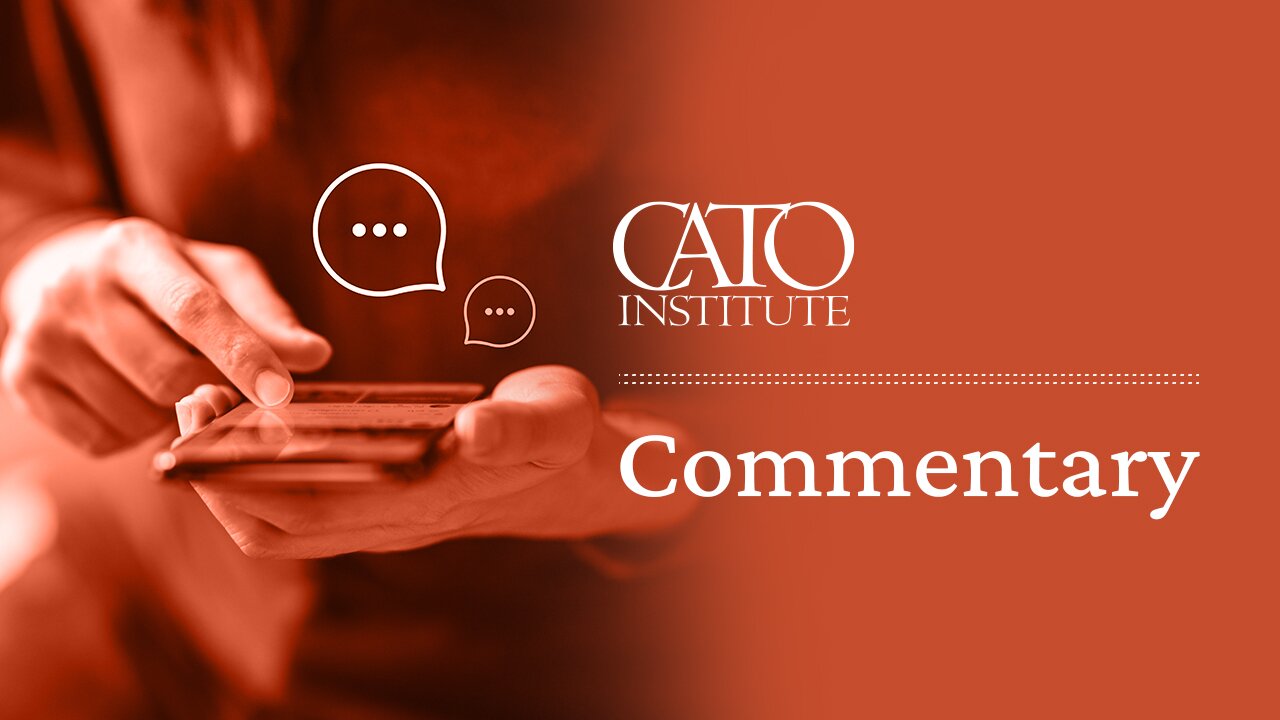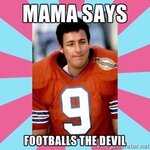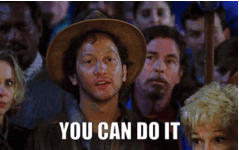- Messages
- 975
- Reactions
- 2,596
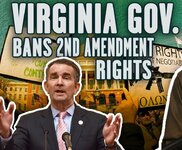
In looking at the events in Virginia this past week and those that are coming tomorrow regarding 2A rights, I ran across some pictures of pro-2A persons holding a variety of signs that expressed their pro-2A sentiments. One particular sign made the point that their "Gun Permit is the 2nd Amendment and it never expires."
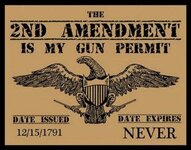
My initial thought was "right on!" But my second thought was "do I really believe that and think it is the right and strongest position to hold in our discussions of 2A rights."
After much contemplation, I must admit that I do not…
While the Second Amendment to Bill of Rights does include the language:
"A well regulated Militia, being necessary to the security of a free State, the right of the people to keep and bear Arms, shall not be infringed"
I believe it is more important to look to the language that precedes it in the Declaration of Independence, which states:
"We hold these Truths to be self-evident, that all Men are created equal, that they are endowed by their Creator with certain unalienable Rights, that among these are Life, Liberty, and the Pursuit of Happiness…."
I believe so for the following reasons:
1.) The specific 2A language, while important, unfortunately always seems to devolve into the definition of what a militia is and is it something that applies to the individual or group. Even with Court cases to establish precedent, we get mired down in the debate and therefore miss or by-pass larger controlling issues.
2.) The Founders believed:
- In certain self-evident and inherent truths that can be known to be so without proof, and/or by ordinary human reason
- All men are created equal and certain men or institutions should not intrinsically possess more rights that others
- That there are rights that are bestowed by a Creator and not from government. It is the law of the Creator, which invests every human being with an inalienable title to freedom, and cannot be repealed by any inferior law, which asserts that man is property.
- That these rights are unalienable. (Synonyms for inalienable include: absolute, infrangible, inviolable, not capable of being violated or infringed, non-negotiable, cannot be bought or sold, nontransferable, unassignable, untransferable.)
- They believed these unalienable rights to be "natural rights" and gave the three examples of: - Life – everyone is entitled to live. Individuals have both a right and duty to protect their own lives; Liberty – everyone is entitled to do anything they want to so long as it doesn't conflict with the first right. WE are free men and women and not slaves to anyone or serfs to the State; Pursuit of Happiness - to freely pursue joy and live life in a way that makes you happy; everyone is entitled to own all they create or gain through gift or trade or commerce so long as it doesn't conflict with the first two rights
- Note: the Founders took many of their beliefs from the writings of several philosophers:
- These rights cannot/should not be taken away except in punishment of crime
- The power of government was to be vested in the people to whom government was to serve and not vice versa
- Do we treat others in a way that honors the gift of our natural rights or in selfish or self-serving contempt?
- Do we believe that every human being or citizen has inherent value or are we but mere chattel of the State who needs to decide what is and is not good for us and/or acceptable activities?
- Will we stand for a culture that celebrates the removal of natural rights in the name of protecting unspecified State approved human rights and safety?
The problem(s) with the above is that we seem to have had a flipping of roles and grants. Currently:
- Many in government seem to believe that they should be or already are in charge of the lives of the citizenry
- That citizens exist to support and provide for the government
- That citizens are incapable of making moral decisions on their own and need to be regulated in every aspect of life
- That a citizen's property can be seconded to the call and whim of the State
- Etc., Etc.
So, on a cold dreary afternoon I am forced to ask myself - what is it that I do believe? What will be my position in these discussions?
I think i will start here:
1.) My gun permit - My right to own and bear arms stem from natural rights - life, liberty and property - that predates the U.S. Constitution and Bill of Rights but should be supported by them.
2.) Since these natural rights are not bestowed by government and have not been ceded by me to the government, I should be free of interference in the exercising of my natural rights
3.) As long as I am law aiding citizen and not harming others, my natural rights shall not be infringed, abridged or removed by government that more and more seeks to make me a defacto criminal as a matter of law.
4.) I will work spread these beliefs.
What is it that you believe?






